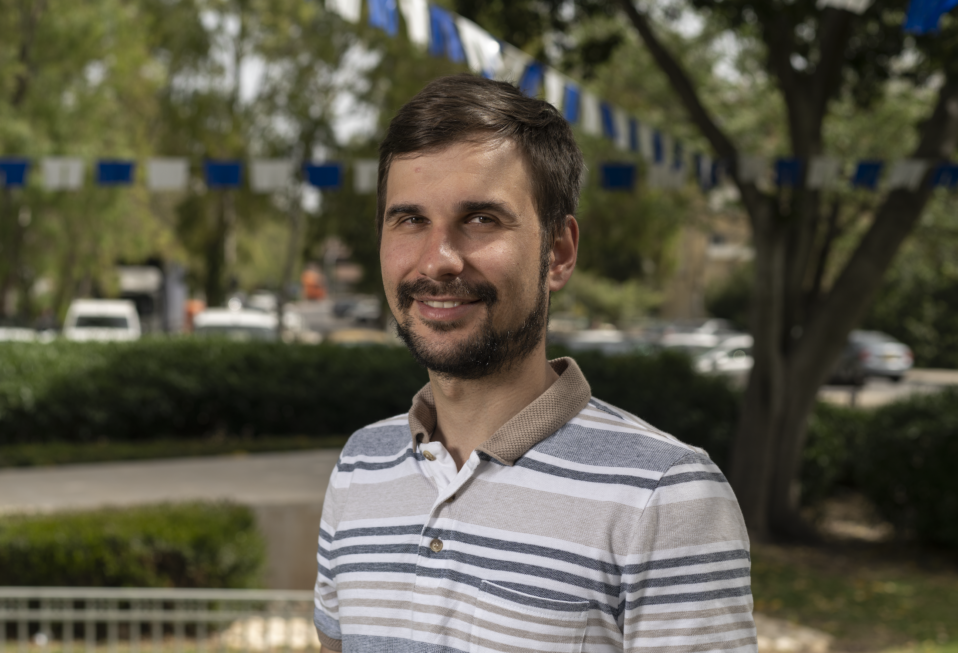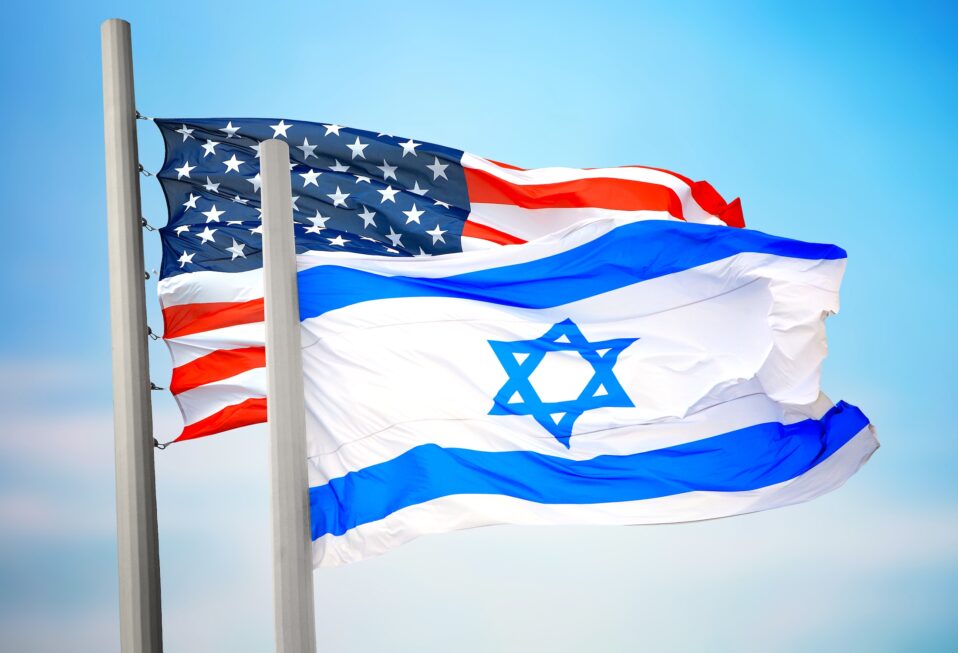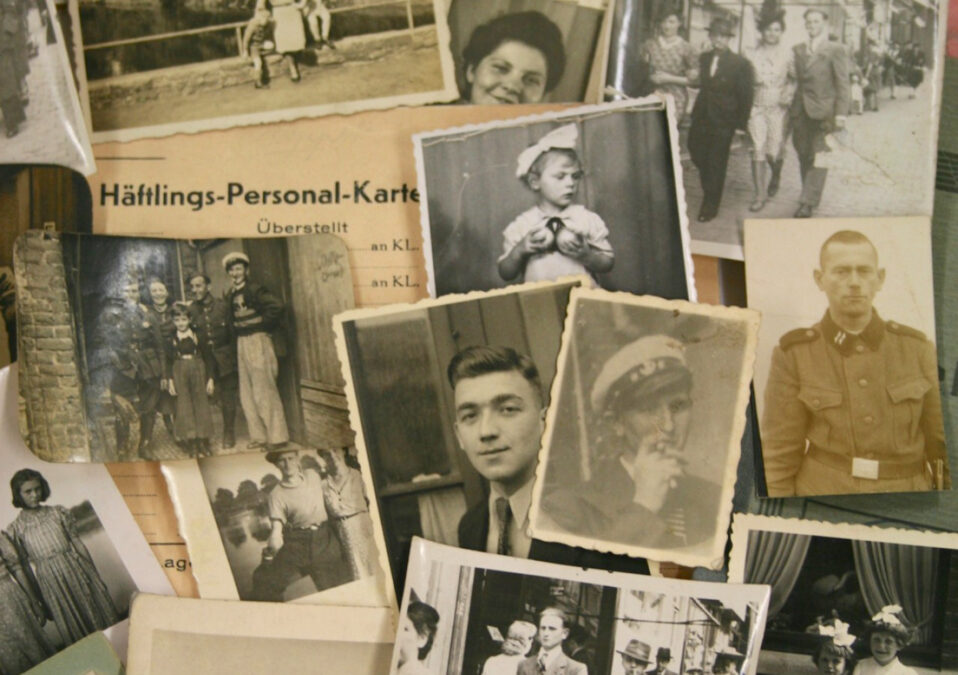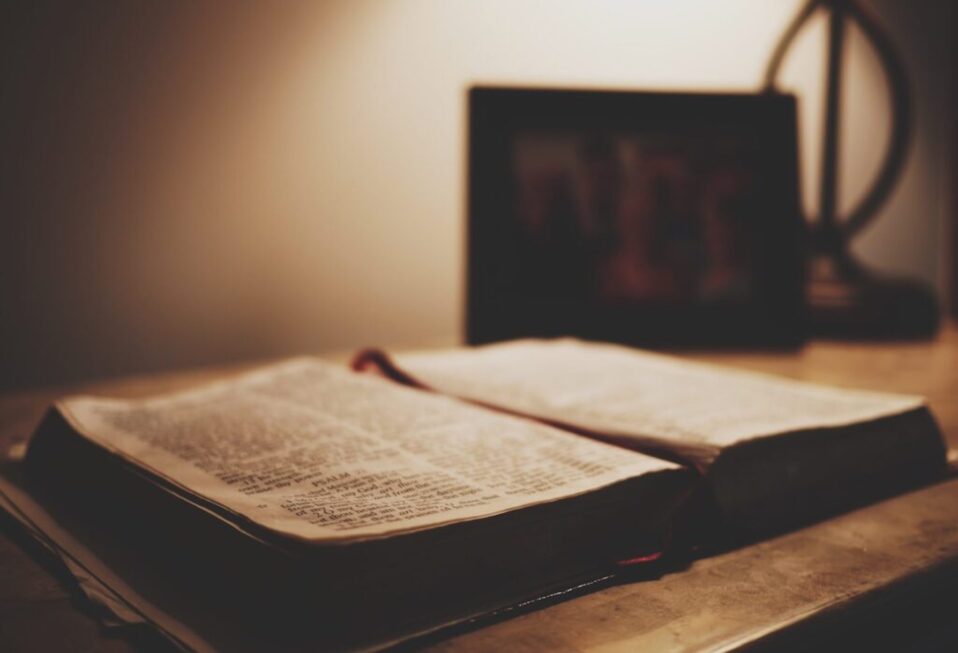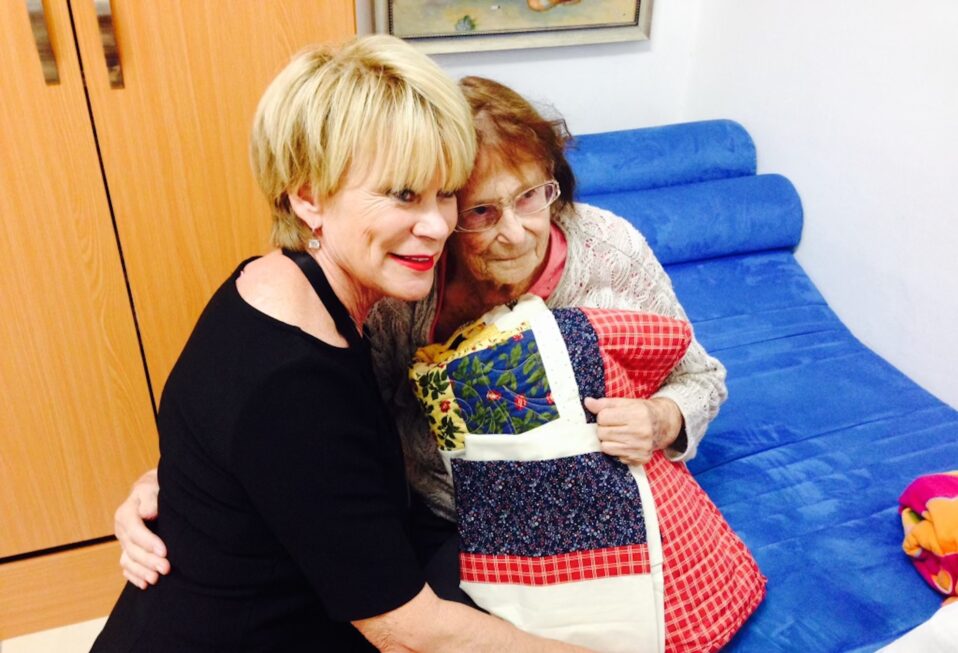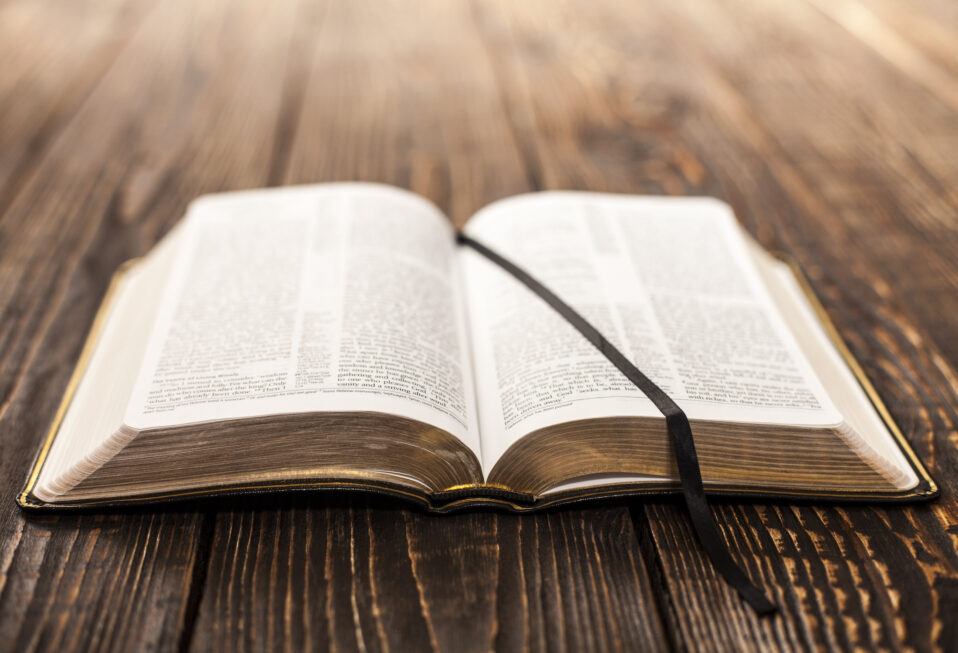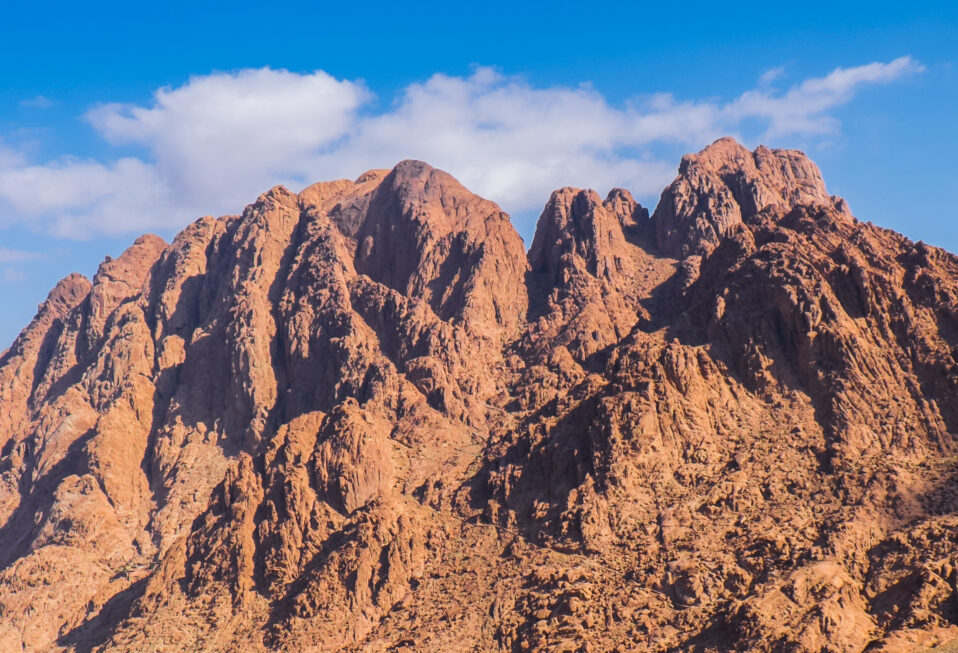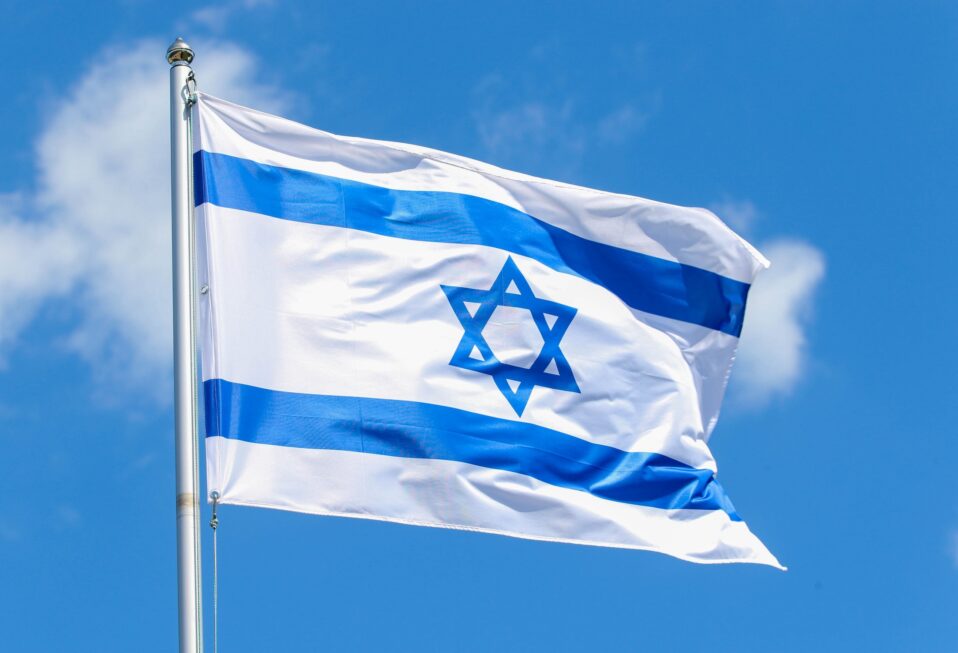By Arlene Bridges Samuels
“May this archive, which serves as restitution for the victims and their families, be a warning to all future generations to never again allow such a horror to afflict humanity.”
Since 1952, this phrase has been embedded into a wall in the main building at the Arolsen Archives – International Center on Nazi Persecution in Bad Arolsen, Germany. And it is fitting to remember it this week, the 78th anniversary of the Allies’ liberation of Auschwitz-Birkenau on International Holocaust Remembrance Day.
This day in history will bypass the attention of most communities worldwide. Yet Friday, January 27, is deeply engraved in the minds and hearts of Holocaust survivors, their descendants, and the nation of Israel. It marks the day when the Nazis’ genocidal machinery was finally exposed for the world to see. It is a date in Jewish history that lives in infamy.
Seventy-eight years ago, on January 27, 1945, soldiers from Russia—then one of the allied powers determined to stop Hitler—liberated more than 7,000 Jewish survivors from Auschwitz-Birkenau. The United Nations General Assembly later designated this date as International Holocaust Remembrance Day to commemorate all victims of the Holocaust. The theme this year is “Home and Belonging.”
Today, I’m compelled to convey a solemn history about the Arolsen Archives – International Center on Nazi Persecution in Bad Arolsen, Germany. It was established to track millions of displaced, deported, and murdered Jews and other communities. As you read, you will discover a simple yet powerful way to help redeem the past and highlight the “Home and Belonging” theme—as part of an international team of more than 60,000 volunteers with more needed. By joining in on the “Every Name Counts” project, volunteers add names to the largest digital database in the world. We become part of remembering and honoring six million Jewish men, women, and children who perished. This link explains how it works: https://everynamecounts.arolsen-archives.org/en.
Each year, more Holocaust survivors fade into history. Their passing is an irreplaceable loss to families and friends. In April 2022, Israel reported that some 161,000 survivors were living within its borders. In the U.S., approximately 50,000 Holocaust victims survive. Estimates in 2020 indicated that only 400,000 remain worldwide. Moreover, Holocaust survivors are living proof that genocides remain as an evil presence in our world. Among them are the governments of Nigeria, China, Syria, and Iraq, governments that perpetuate cruelty toward Christians and other minorities.
The heartache of Holocaust survivors only continued in the immediate post-World War II years. The traumas linger even amid making a new life. History reveals that there could have been more possibilities for Jewish families to connect and reunite. When Jewish survivors desperately searched for relatives and friends in the Holocaust’s grim aftermath, trying to categorize and answer requests about family members was an impossibility. Factors on the ground in Europe coalesced into an intractable deadlock of numbers, confusion, and devastation. In 1943, the British Red Cross set up the Central Tracing Bureau, and later the International Red Cross took over these daunting tasks.
Six million is the general figure used to document Jewish murders in concentration camps, but it does not take into account “shooting operations” and other atrocities in Poland, Italy, Romania, and Russia. Nor does it include the number of gypsies, disabled people, gays, and prisoners—which could total three times more. In addition, not a single World War II master list exists. Approximately 250,000 Jewish people displaced between 1945 and 1952 are an example of just one numerical challenge the International Red Cross faced.
Later, in 1948, a coalition of nine nations was tasked to oversee the Bad Arolsen archives. More than 15 miles of document shelving was stashed in a former Nazi SS barracks and a castle in the small, wooded German town located in the American Occupation Zone. The archives contain 50 million index cards for about 17.5 million people. Originally, nine countries served on an International Commission of the International Tracing Service (ITS): Belgium, France, Federal Republic of Germany, Israel, Italy, Luxembourg, Netherlands, United Kingdom, and the United States, with Greece and Poland joining later.
Until late 2007, the ITS in Bad Arolsen was the largest unopened Holocaust archive in the world. For decades, survivors, families, and historians pleaded for answers to their inquiries. After the war, Holocaust-related documents dumped into the buildings in Bad Arolsen grew into battlegrounds in diplomacy and differing opinions between the United States Holocaust Memorial Museum and European allies.
A system failure to connect survivors intensified as the 11-country commission sank into a bureaucratic tangle. Infighting over policies, tasks, and a myriad of other issues delayed their purpose of reunification, placement, and searches for missing persons. Disagreements over privacy questions about victims’ personal data clogged the process, as did the advancing Cold War era, which slowed down the archival work.
Lack of adequate funding and staff problems intensified within the International Tracing Service and with it, the compounded victimization of the European Jewish community. Charles-Claude Biedermann, the International Red Cross official in charge of the archive for two decades, seemed to embody the spirit of this frustrating impasse. He enforced a policy of restricted access even to certain buildings, keeping to a very narrow definition of who could be helped. Tracing work languished with 400,000 requests.
After an internal investigation in 2006, the International Committee of the Red Cross (ICRC) approved and released a document on April 27 asserting, “This failure is aggravated by the fact that the ICRC did not do everything in its power to put an end to the persecutions and help the victims. The organization remained a prisoner of its traditional procedures and of the overly narrow legal framework in which it operated.” Biedermann defied a 2006 U.S. push to open the archives. Finally, he was fired.
In 2008, the ITS at long last opened its archives. In 2012, the ICRC withdrew from management and the German Federal Archives took over. The facility name changed to the Arolsen Archives–International Center on Nazi Persecution.
Given the mountains of paper—some written on scraps of cigarette cartons—technology has added a welcome improvement on World War II era record-keeping. In 2019, the Associated Press released an important announcement from Bad Arolsen. The archive released over 13 million digitized records on 2.2 million victims. These records, which had been meticulously documented by Nazis, included death and prisoner notices. The Arolsen Archives records are now online, with search improvements increasing. Search for documents in the Arolsen Archives (arolsen-archives.org) Arolsen Archives belongs to the United Nations Educational, Scientific and Cultural Organization (UNESCO) Memory of the World.
The archive should—and will—remain in its preeminent place as a source of knowledge and help. Nevertheless, 78 years of missing persons sorrowfully prevents the possibility of reunions even with technology. In the aftermath of World War II, a 12-year-old looking for a parent, a mother searching for her toddler hidden in a convent, or a grandfather desperate to know if he has a grandchild—none has any answers.
While technology has improved the Arolsen Archives’ institutional health, it is the organization’s collaboration with Yad Vashem, Israel’s World Holocaust Remembrance Center, that has created a powerful united force. Together, these organizations facilitate and accelerate locating every single Holocaust survivor so that they may be interviewed, honored, and remembered. Indeed, Yad Vashem’s technology is a tremendous asset, and Arolsen Archives now process around 20,000 requests a year.
The 11 member states on the International Commission of the ITS and more than 200 archive employees operate in a more effective way. Arolsen Archives are funded by the German Federal Government Commissioner for Culture and the Media. While I have attempted to synthesize some of the history of the Arolsen Archives, I highly recommend an excellent, detailed article written in 2013 by Jean-Marc Dreyfus: “Opening the Nazi archives at Bad Arolsen.”
Please join us in prayer this week as the world remembers the Holocaust on January 27th:
- Pray that Christians will bless Holocaust victims through CBN Israel’s ministry to survivors in Israel.
- Pray that volunteers will increase to complete the “Every Name Counts” project.
- Pray that all believers will choose one way to support a Holocaust survivor in Israel, U.S, or another nation.
- Pray that rising anti-Semitism will be met with advocacy from Christians on behalf of Jewish communities everywhere.
Arlene Bridges Samuels pioneered Christian outreach for the American Israel Public Affairs Committee (AIPAC). After she served nine years on AIPAC’s staff, International Christian Embassy Jerusalem USA engaged her as Outreach Director part-time for their project, American Christian Leaders for Israel. Arlene is an author at The Blogs-Times of Israel, a guest columnist at All Israel News, and has frequently traveled to Israel since 1990. She co-edited The Auschwitz Album Revisited and is a volunteer on the board of Violins of Hope South Carolina. Arlene has attended Israel’s Government Press Office Christian Media Summit three times and hosts her devotionals, The Eclectic Evangelical, on Facebook.


